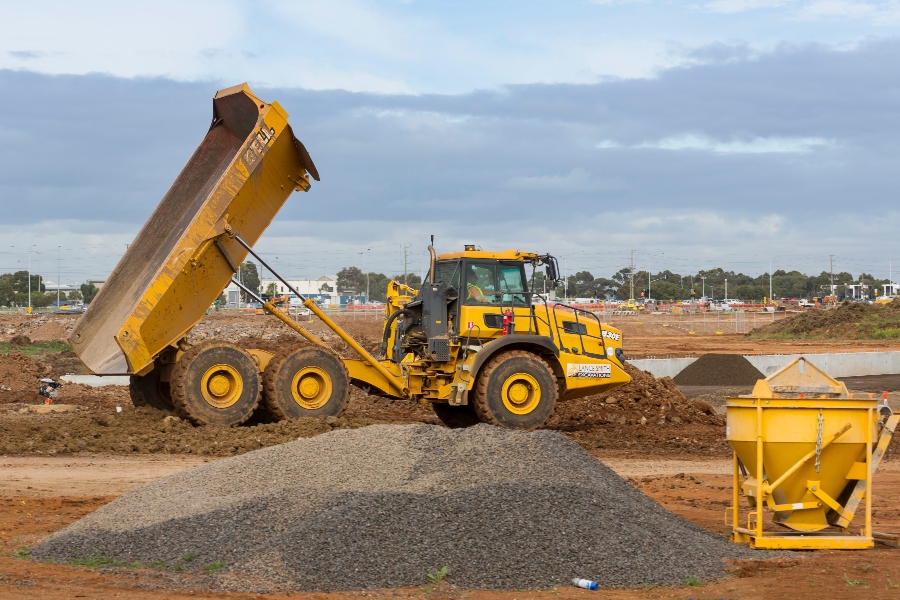Heavy equipment financing can be crucial to small businesses that require that heavy equipment for day-to-day operations. It’s usually fairly difficult to finance heavy equipment using cash on hand, because the equipment is generally expensive, and because most small businesses don’t usually have that kind of cash surplus. That means as a small business owner, you’ll be obliged to come up with some creative alternatives for your heavy equipment financing.
Leases vs. Loans
The two broad categories of heavy equipment financing include leases and loans, and while there are many similar aspects between these two methods, they also carry some significant differences. When you obtain an equipment loan, it will probably last for somewhere between three and seven years, and you’ll probably have to make a down payment in the neighborhood of 15% of the equipment cost. Compared to leases, loans will generally offer better interest rates, but will cover a smaller percentage of the total equipment cost.
Leases on the other hand, generally cover a period of two or three years, and require the lessee to pay a monthly amount on the equipment cost. When you obtain a loan to purchase heavy equipment, you will retain ownership indefinitely, and that means when the equipment becomes obsolete, you will be obliged to dispose of it in some way. A small business that leases their heavy equipment will never have ownership of it, even while they have full usage of the equipment.
Because there is no ownership involved, the leasing company is obliged to carry out all maintenance on the equipment, and retains ownership after the leasing period expires. At that time, the company doing the leasing would have the option of extending the lease, purchasing the equipment outright, or simply walking away from the lease altogether.
Looking to Finance Business Equipment?
If so, we may be able to provide financial assistance. Contact us at DAL Commercial Capital so we can discuss some options which may be available to you for financing the equipment you need to grow your business.


